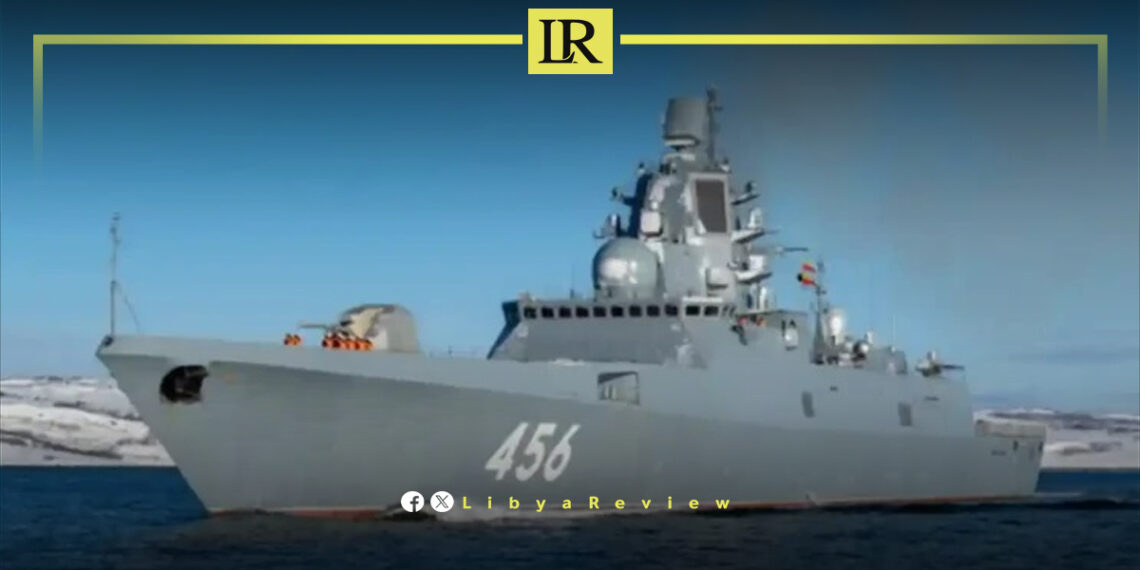An Italian military website, Defensa, has revealed that Libya may become the next focal point for Russian naval operations as President Vladimir Putin reevaluates his military strategy in the Middle East.
According to the report, the instability in Syria and the potential fall of Bashar al-Assad’s regime could push Moscow to secure a strategic base in Libya, replicating its long-term lease of the Tartus naval facility in Syria.
The report suggests that Putin is pursuing access to “warm waters” south of NATO, aiming to strengthen Russia’s global naval presence. Eastern Libya has emerged as a potential location for relocating Russian forces, given its relative stability under factions aligned with Moscow and its strategic importance in Africa and the Mediterranean.
The departure of Russian frigates such as the Gorshkov and Grigorovich, along with Kilo-class submarines, from Tartus underscores Moscow’s preparations for a worst-case scenario in Syria. These movements occurred as opposition forces advanced on Damascus, raising concerns about the security of Russian assets in the region.
The report further reveals that Russian military leaders have developed contingency plans to transfer naval and air units from Syria to Libya, ensuring continuity of operations in the event of significant instability in Syria. By doing so, Russia would enhance its already strong presence in Libya and bolster its influence in Africa as part of a broader strategy to challenge European and NATO powers.
Libya’s ports could serve as a new cornerstone for Russian geopolitical ambitions, providing a base for naval operations while reinforcing Moscow’s strategy to encircle Europe’s southern flank. This move aligns with Russia’s historical interest in securing strategic access to the Mediterranean and Africa, echoing its Cold War-era naval policies.
The report raises concerns about the implications for Libya’s stability and the broader region. A strengthened Russian presence in Libya could exacerbate internal divisions and disrupt the fragile political transition process. For NATO and European nations, this development represents a direct challenge, potentially altering the balance of power in the Mediterranean and North Africa.


